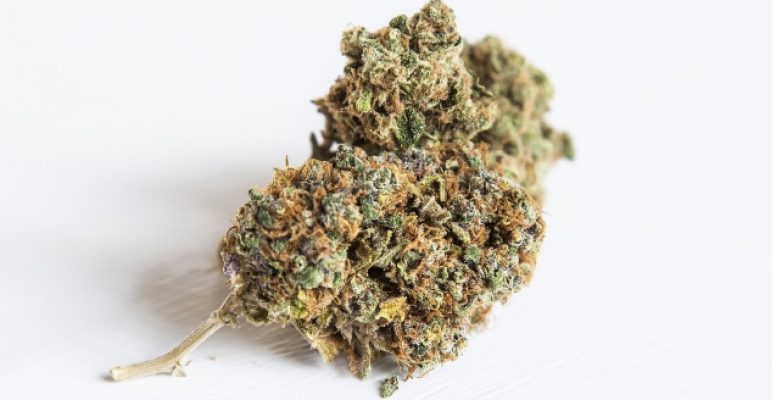
Why Do Our Teens Use Cannabis (and What Can We Do About It)?
Written By: Ingrid Ammondson, PhD, Program Director, ACS’ Adolescent Substance Abuse Treatment Program
Any of you
who have attended parent education seminars at your school or at Adolescent Counseling Services already know that adolescence is an exciting (and sometimes dangerous) time of physiological, psychological, and spiritual growth. So much so that we might imagine placing a sign on their bedroom door – “Danger: Construction Zone!”
Our jobs as parents, educators, and other helping professionals is to guide and support them through this developmental phase with as much information, love, and compassion as we can muster. At times, we may wring our hands and bemoan, “What an order! I can’t go through with it!” (to quote a line from AA’s 12-Step literature). But take heart – with proper support , most of our teens will navigate this passage safely. Our task is to foster them into a healthy adulthood as best we can.
Why do teens use cannabis?
While each adolescent is a unique individual, the most common reasons we find are:
1. Peer pressure and acceptance
2. Marijuana and other activities leading to “highs” are a form of experimentation – teens want to know what it is like
3. Escape from anxiety, depression, self-esteem issues, boredom, and life concerns – ie, difficulty navigating “negative” emotional states
4. Being high helps some to feel good
5. Brain changes that take place during adolescence sometimes lead to risky and pleasure seeking behaviors
6. Reorganization of the neurochemical reward and pleasure systems fosters a “search for highs”
7. Genetic tendencies or family culture
8. The misleading perception that it can’t be harmful if doctors prescribe it. What people don’t understand is that medical marijuana is mostly CBD (non-psychoactive) and has little psychoactive properties, unlike recreational marijuana, which is primarily THC (psychoactive).
What can you do?
There is a wealth of valuable information available on the web regarding signs of marijuana use in our children and about the very real dangers of early substance use. It is important to check the source of the information when one is researching topics on substances, whether one is a concerned parent or a teen. Just as tobacco companies target young people, marijuana, vaping, and juuling marketers specialize in disinformation and marketing ploys.
In addition to obtaining information and awareness of the popular culture teens are facing, there are several things parents or other family members can do:
1. One of the most important, if not the most important, things you can do as a parent is to honestly observe what you are teaching your teens by your own actions. There is little that affects impressionable teens more than the way stress and difficulties are addressed within the family system. How do you cope with your own stress, and are you inadvertently teaching your teen that substances are the answer? Considering reaching out to professionals if you have some concerns or feel there is something you may need to address or learn.
2. A second equally important support for your teen is your communication style and the quality of your attention. Teens respond positively to being heard with interest and without judgment, specifically when you are not multitasking. Respecting their boundaries is important. For example, try saying, “I know you may not want to talk about this right now, and that is okay. I am letting you know that I am interested/worried…. and will be asking you again another time, because I love you.”
3. Research shows that an authoritative (not authoritarian) parenting style is most conducive to raising healthy teens. This includes making reasonable demands even in the face of high expectations, high responsiveness to their needs, listening with love and acceptance, and fair and consistent consequence.
Please consider consulting professionals if you have any concerns, and know that ACS is always here to help. The most effective time to help teens develop life-long healthy coping skills and resilience is during this transitional age.
Above all, remember to breathe. Again and again. This too will pass.
